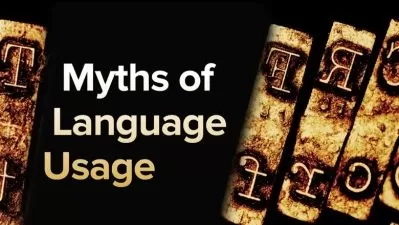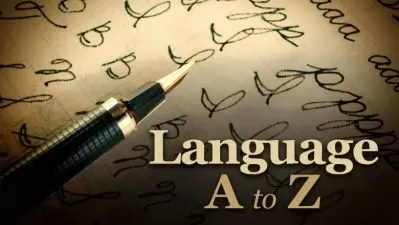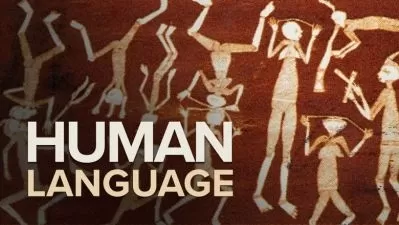About German LanguageLearn More
German is one of the most commonly spoken languages in central Europe. It is the official language of Germany, Luxembourg, Austria, and many other nearby countries. German is a rich language, with centuries of culture and history behind it. Online German classes can familiarize you with this historical language, in both its spoken and written form, and teach you many elements of German culture.
Sort by:
Sorting
The newest
Most visited
Course time
Subtitle
Filtering
Courses
Subtitle

Udemy


Language Studio
The Complete German Course | Start speaking German today! 26:50:47
English subtitles
08/29/2024
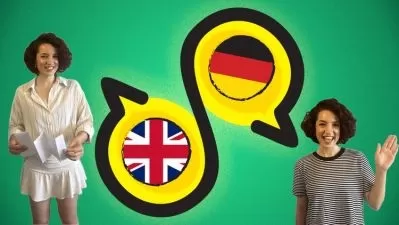
Udemy


Francesca Sprachify
Learn German: From Basics to Fluency - Perfect for Tourists 2:49:11
08/27/2024
Subtitle
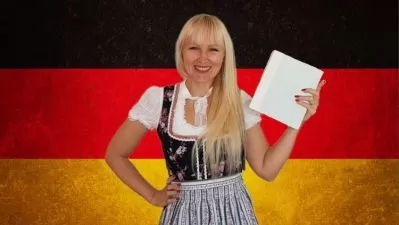
Udemy


Julia Krist
German Language A1 Certificate - Exam Preparation 10:11:26
English subtitles
08/08/2024

Udemy


Sandra 11Percent
Best Way to Learn German Language: Intermediate Pt.1 (B1.1) 6:41:04
06/06/2024
Subtitle

The Great Courses


Philip Daileader
Charlemagne: Father of Europe 6:28:59
English subtitles
08/17/2023
Subtitle

Udemy


Alain de Raymond
How to learn any language: best ways to learn languages fast 1:22:52
English subtitles
08/08/2023
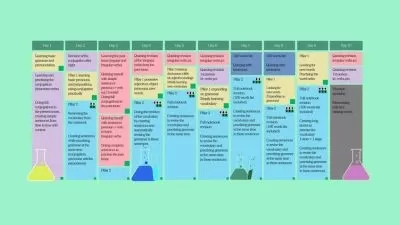
Udemy


Aleksander Garstka
Learn To Speak Any Language in 10 Days (10DAY POLYGLOT PLAN) 10:01:06
07/28/2023
Subtitle
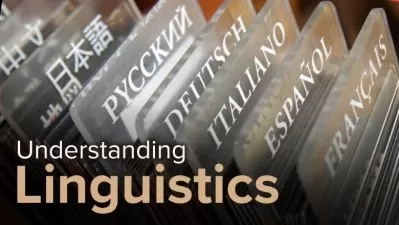
The Great Courses


John McWhorter
Understanding Linguistics: The Science of Language 18:06:09
English subtitles
06/02/2023
Subtitle

The Great Courses


James Pfrehm
Learning German: A Journey through Language and Culture 13:36:19
English subtitles
06/01/2023
Frequently asked questions about German Language
Like learning any foreign language, learning German takes practice, patience, and willingness to try something new. There are a few things that German has in common with other world languages. For example, all nouns in German have genders. Learning a new noun in German means learning the word’s gender too. Sometimes, this makes sense — words like “woman,” “boy,” and “queen” have exactly the genders you would expect. But other words like “potato” and “table” have genders too. Like many other world languages, German also uses grammatical cases. An example of a grammatical case is “I” and “me” in English. Finally, people who already know some English may recognize many common German words. Words like “kommen” (to come) and “senden” (to send) are examples. Some German words even come directly from modern English, such as “computer,” “baby,” and “camping.”
Most German speakers are in Western and Central Europe. In fact, German is the most widely spoken native language in the European Union with over 95 million native speakers. Today, Germany, Austria, and Switzerland are the three countries with the largest number of German speakers. German is also an official language in Belgium, Luxembourg, and Liechtenstein. In Central European countries such as Hungary and the Czech Republic, many people learn German as a second language. This is because the Austrian Empire once covered much of Central Europe and the Balkans. Outside of Europe, some religious Amish and Mennonite communities in the United States still speak German just as their ancestors did when they arrived from Germany many generations ago. And many Jews around the world speak Yiddish, a variant of German that also includes elements of Hebrew and Slavic languages.
German is an Indo-European language, a family of over 400 languages that also includes English, Hindi, Russian, Spanish, Greek, and Persian. Early German can be traced back to a language called Proto-Germanic (here, “proto” means “first” or “early,” like in “prototype”). Proto-Germanic is considered to be the common ancestor language to all modern Germanic languages, which include English, Dutch, Danish, and Swedish. Over time, Proto-Germanic split into several varieties. German, English, and Dutch all came from the variety known as West Germanic. In the parts of Europe that now include Germany and Austria, West Germanic evolved into Old High German. After many centuries, Old High German changed into the modern German of today. Throughout history, German speakers also adopted words from other languages such as French, church Latin, and, today, modern English.





